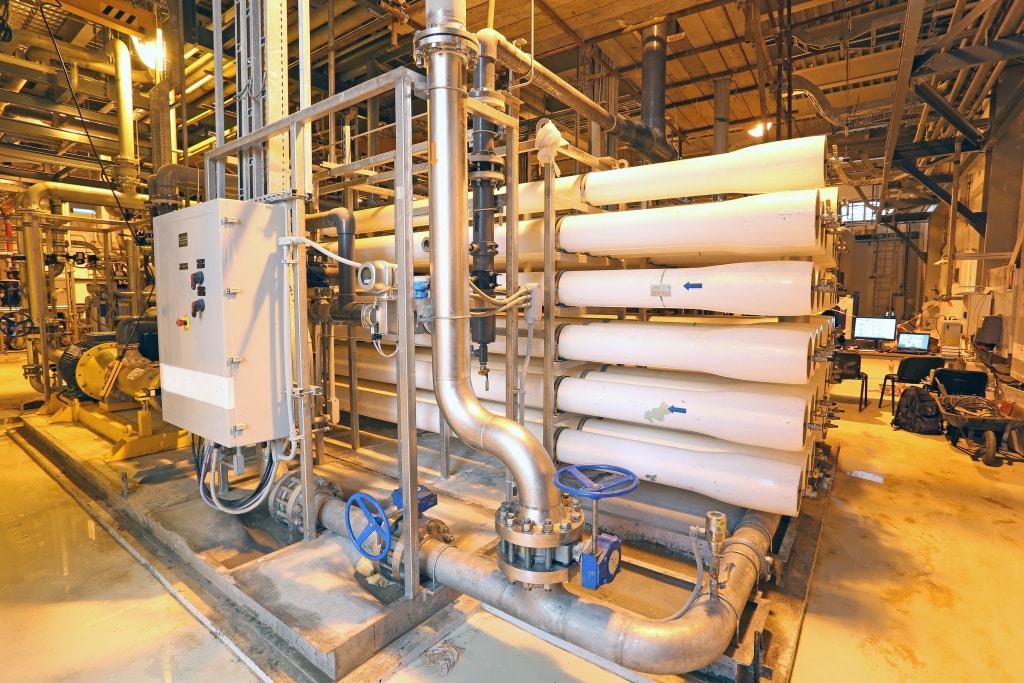This is one of the resolutions of the Algerian government for the year 2023. Seawater desalination will henceforth be taught in four public institutions in this North African country. These are the University of Ouargla, the Ecole Nationale Supérieure d’Hydraulique de Blida, the Ecole Nationale Polytechnique d’Oran and the Houari Boumediene University of Science and Technology located in the council of Bab Ezzouar to the east of the capital Algiers.
“The objective is to train graduates (engineering, bachelor’s and master’s degrees) capable of dealing with the daily problems of operating desalination plants and meeting the needs of the drinking water production sector,” explains Aïmene Benabderrahmane, the Algerian Prime Minister. The training programme will be piloted by Kamel Baddari, the Algerian Minister of Higher Education and Scientific Research, in collaboration with his counterpart Yacine Merabi in charge of Vocational Training and Education.
For six months, the learners in each cohort will be equipped with desalination techniques, maintenance, particularly the upkeep and cleaning of filters in seawater and brackish water desalination plants. Algeria relies on desalination to increase its drinking water production capacity.
The response to water stress
Moreover, the Algerian government has announced the construction of five stations in the first half of 2022 in several cities of the country, notably Oran, Boumerdès, El Tarf, Bejaïa and Fouka 2, a commune with a population of about 49,000 inhabitants. These drinking water installations with a total production capacity of 1.5 million m3 per day will be built by the Algerian Energy Company (AEC), the subsidiary of the national company for the research, production, transport, transformation and marketing of hydrocarbons (SONATRACH).
Read also-NORTH AFRICA: Municipalities to learn about UN climate resilience
According to the Algerian authorities, such investments will make it possible to increase to 42% the quantity of water from desalination, against only 17% currently in the country. The five desalination plants will also be used for the irrigation of agricultural land. Faced with the high temperatures and the scarcity of rainfall, they will make it possible to respond to the drought which is progressively drying up the fresh water reserves available in Algeria. In this context, water shortages will be recurrent in Algeria by 2024, according to the World Resources Institute (WRI).
Benoit-Ivan Wansi
